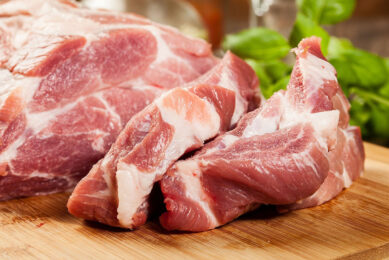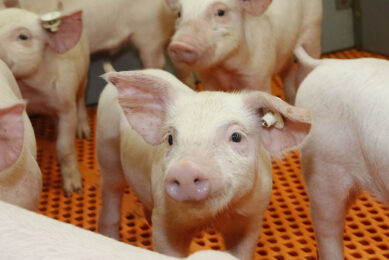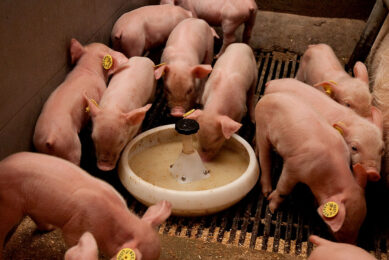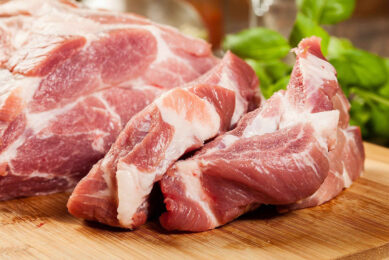Enhance pork meat quality with amino acids
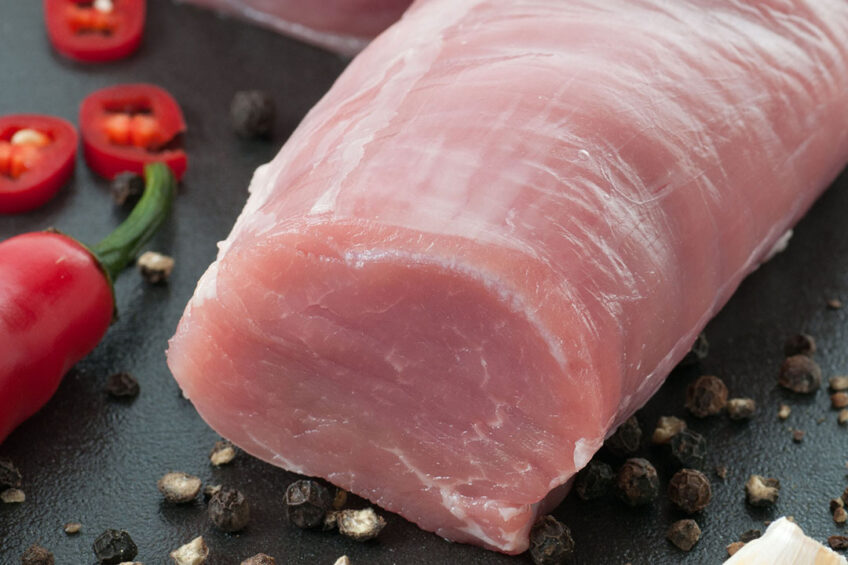
There are several amino acids that can enhance the quality of pork meat. Amino acids not only affect growth and health but can also alter body composition.
What exactly is considered as high-quality pork meat, is differing between markets. Usually taste, colour, juiciness, and texture, but also oxidative properties, water holding capacity or pH are contributing to the quality of the meat. Pork meat quality is influenced by many factors. Besides management, environment, and genetics, animal nutrition has a big impact on meat quality. Dietary fat composition influence on meat fat composition and the usage of a high dose of Vitamin E to enhance the oxidative stability of meat are well known nutritional strategies. Moreover, several amino acids can enhance the quality of pork meat.
Methionine
Methionine is an essential amino acid thus methionine deficiency leads to a decrease in performance. Enough sulphur-containing amino acids in the diet is both important for the maximum performance results, and for a series of functional effects (Figure 1). In the case of meat quality parameters, sulphur-containing AA are important precursors of volatile aromatic compounds which are strongly contributing to the pork meat flavour.
Figure 1- Overview of the different functions of Methionine in the metabolism.
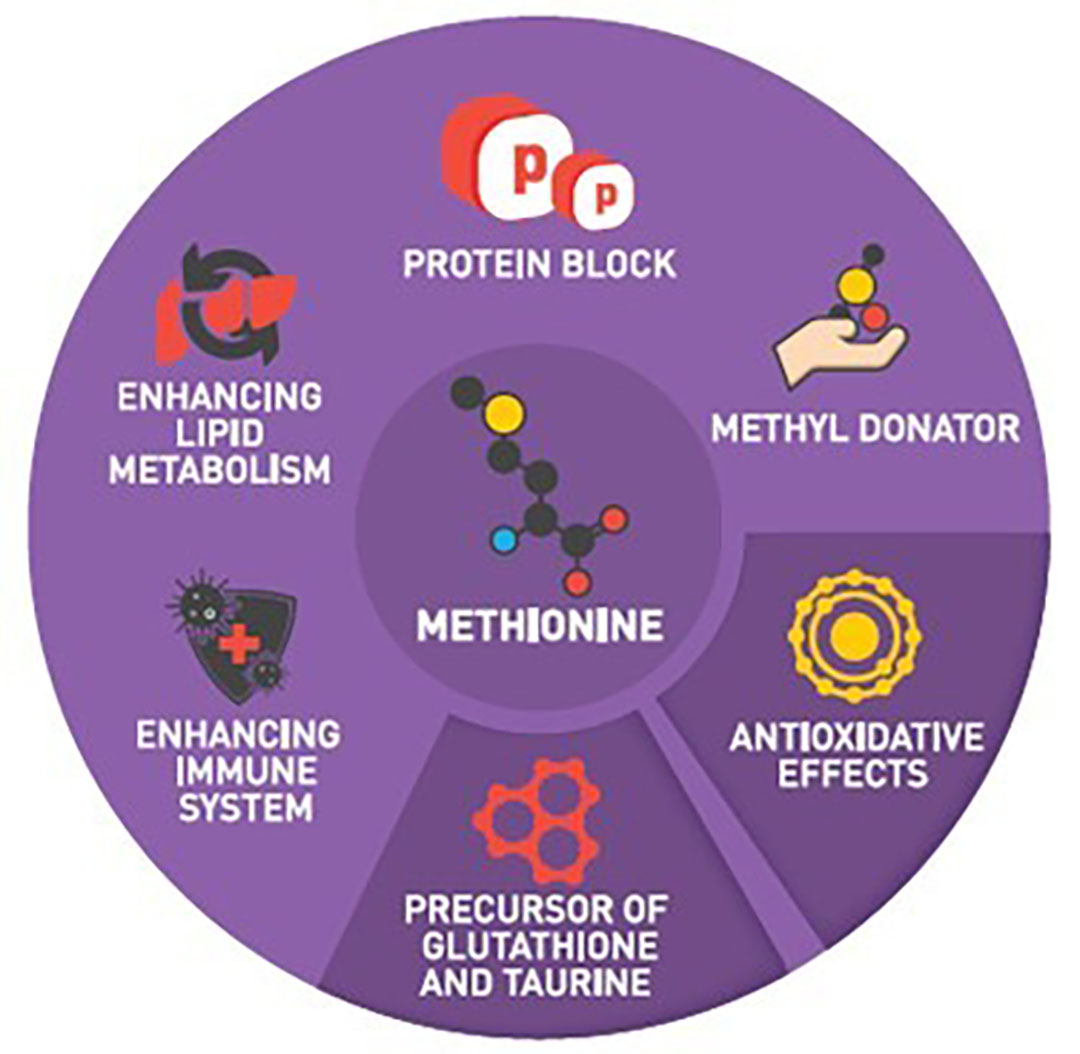
Methionine is the precursor for a variety of compounds like glutathione (GSH), Cysteine (CYS) and taurine. Especially GSH is a major intracellular antioxidant strongly contributing to the antioxidative properties of the meat. The GSH driven oxidative protection remains upon slaughter and beneficially affect meat quality during subsequent processing and storage.
The beneficial effects of dietary L-Methionine supplementation on meat quality have been demonstrated in a trial with low-birthweight piglets, which often exhibit a compromised carcass. The piglets were divided in a control group with sufficient methionine supply and a treatment group with an additional supplementation of 30 % L-Methionine. The meat quality was investigated after the complete fattening period at 100 kg slaughter weight. L-Methionine improved several physicochemical parameters of meat, e. g. the pH after 24 hours post-mortem was increased, and the drip losses after 48 hours was decreased significantly. In addition, the content of Malondialdehyde (a marker of oxidative stress) was reduced in the L-Methionine supplemented group, while the content of the Glutathione as an antioxidant was increased by 47.2 % in comparison to the control group. Thus, L-Methionine supplementation effectively improved overall meat quality parameters.
Histidine
The amino acids beta-alanine and histidine form together a dipeptide called carnosine. Carnosine acts as an antioxidant under physiological conditions as well as in models of induced oxidative damage. The role of carnosine as a buffering agent in skeletal muscles is already known for more than 70 years accounting for about 40% of the total buffering capacity in the muscle. However, the exact contribution strongly depends on muscle type and animal species. In swine, especially muscles with high industrial importance like M. longissimus dorsi are known to have a high content of carnosine (Figure 2).
Figure 2- Carnosine concentration of different muscles of a 100 kg pig. Adopted from Aristoy and Toldrá, 1998.
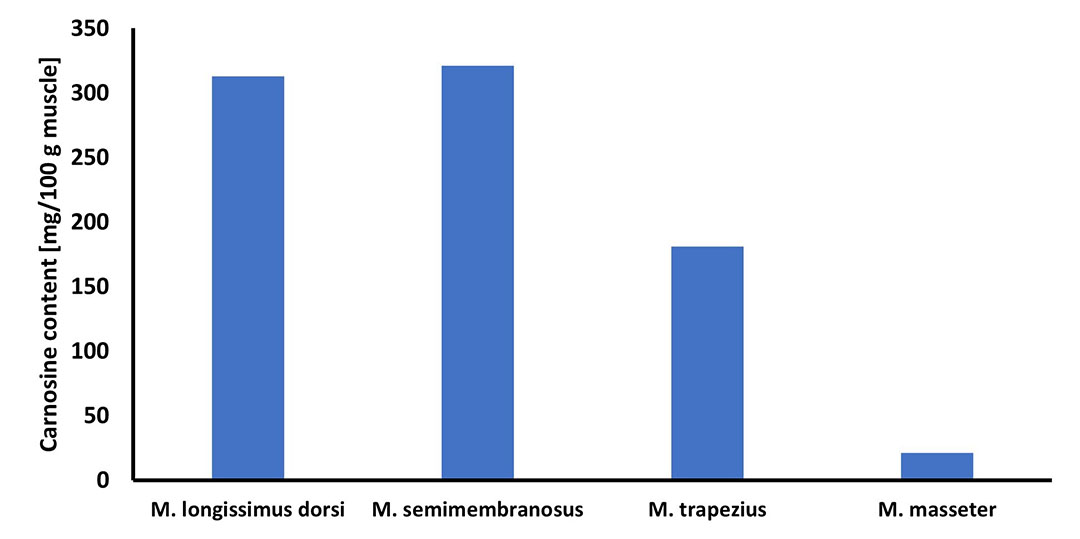
In a study with finishing pigs, dietary addition of carnosine enhanced meat quality by decreasing drip losses and reducing malondialdehyde and carbonyl protein complexes concentrations (both markers of oxidative stress) in muscle tissue. At the same time, the content and activity of antioxidative enzymes increased, proving an improved antioxidative capacity of tissues. Furthermore, the redness value increased with increasing dietary carnosine content, which can be especially interesting for premium products like ham. The effect on the redness value of meat was also confirmed in a recent study by adding ß-Alanine and L-Histidine to grower/finisher diets.
Thus, histidine is a new tool for the industry to optimise the animal performance while producing a premium meat for the final meat consumers.
Arginine
In the recent years, arginine gains more and more interest because of its functional properties, mainly in sows during gestation and lactation period. However, arginine has an interesting effect on meat quality. Arginine modifies the body composition towards an increased protein gain and a reduced body fat accretion. The exact mechanism is still under discussion. However, L-Arginine enhances the fatty acid degradation through enhanced beta-oxidation via its effect on the polyamine turnover. Alternatively, L-Arginine may inhibit the lipogenesis directly (Figure 3).
Figure 3-Proposed mechanism for L-Arginine to reduce fat (modified from Andersen, 2014).
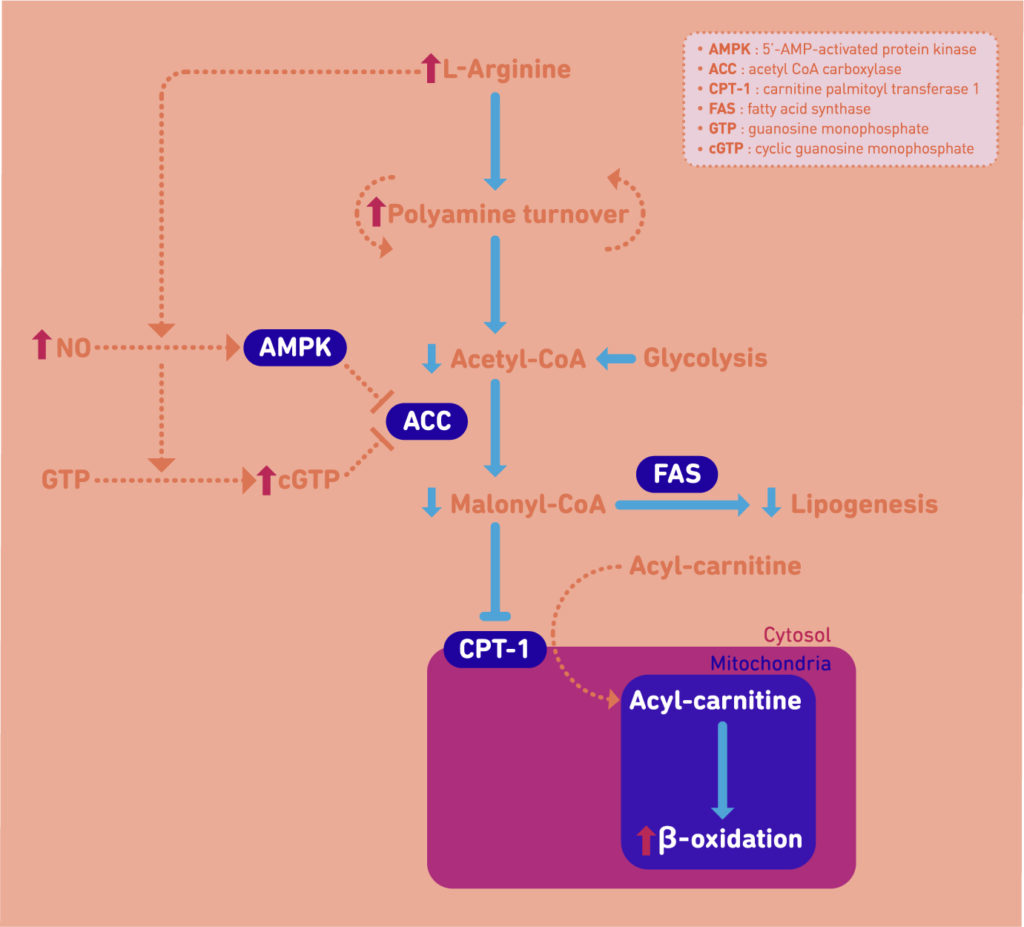
Click to enlarge figure
Arginine effectively promotes muscle gain and reduces body fat accretion in growing-finishing pigs receiving a corn-soybean meal-based control diet supplemented with 1 % L-Arginine. The amount of total skeletal muscles increased by 5.2 % in the arginine supplemented pigs, while the total fat content decreased by 11.2 %. Simultaneously, the intramuscular lipid content in the M. longissimus dorsi increased to about 3 g/100g, which is seen as ideal for pork flavour, tenderness, and juiciness of the meat. Additionally, supplementing arginine to the diet increased the ADG of pigs by 6.5% and had a modest effect on the gain to feed ratio. In another study, dietary arginine supplementation enhanced the serum and muscle antioxidative capacity in finishing pigs, which is beneficial for meat quality.
Conclusion
Amino acids not only affect growth and health but can alter body composition and meat quality. Supplementary amino acids such as L-methionine, L-arginine and L-histidine are the new tools to improve the physiochemical properties of meat along the supply chain.



